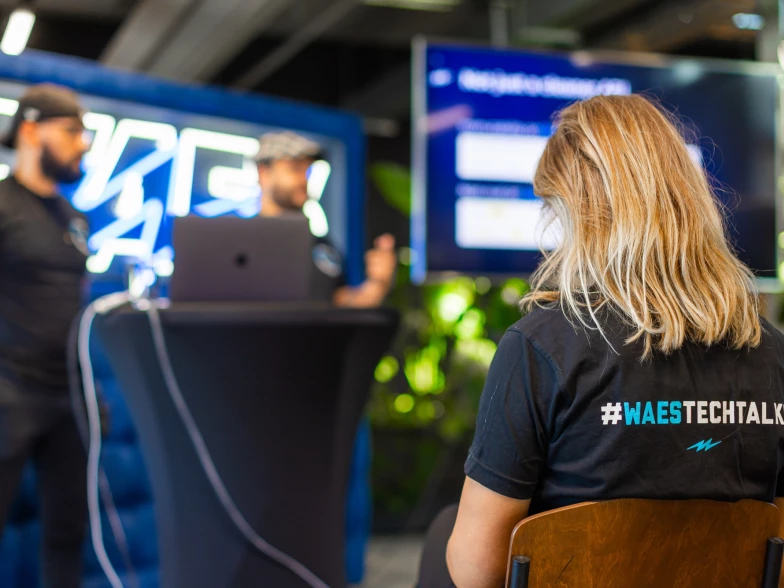Journey through Kubernetes evolution
In a captivating Tech Talk hosted on the WAES YouTube channel, Everton takes us on a journey through the evolution of Kubernetes. Beginning with its inception in 2013 by three Google engineers fascinated by the potential of Docker containers, Kubernetes has come a long way. Everton emphasizes its relatively recent introduction compared to more established technologies and provides a timeline of major releases, underlining the project's stability and acceptance.
Unveiling CPU limits in Kubernetes
The heart of Everton's talk revolves around CPU limits in Kubernetes. He shares his experiences and initial adoption of CPU limits based on the well-documented feature in Kubernetes resources. The concept of throttling, wherein an application is restricted if it surpasses the specified CPU limit, is introduced, and the critical reliance on the Linux kernel for implementing this feature is emphasized.
Benefits and downsides explored
Everton dives into the benefits of using CPU limits, drawing from the insights of experts like The Nielsen, an IBM employee with over 25 years of experience. The discussion revolves around accepting throttling as a natural aspect of applications, relying on auto-scalers, and understanding the guarantee status in Kubernetes. On the flip side, the potential downsides are illuminated, with concerns raised about the feature's behavior and the impact on application performance.














